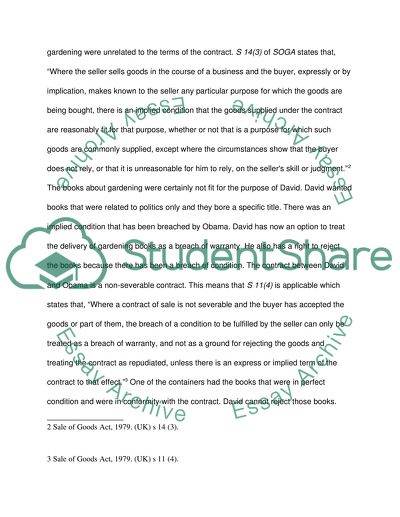Cite this document
(“Sale Of Goods Coursework Example | Topics and Well Written Essays - 4500 words”, n.d.)
Retrieved from https://studentshare.org/law/1399057-sale-of-goods
Retrieved from https://studentshare.org/law/1399057-sale-of-goods
(Sale Of Goods Coursework Example | Topics and Well Written Essays - 4500 Words)
https://studentshare.org/law/1399057-sale-of-goods.
https://studentshare.org/law/1399057-sale-of-goods.
“Sale Of Goods Coursework Example | Topics and Well Written Essays - 4500 Words”, n.d. https://studentshare.org/law/1399057-sale-of-goods.


